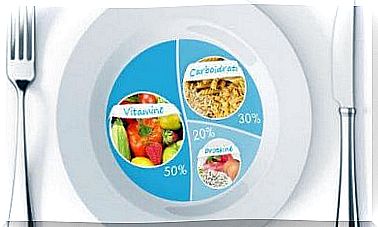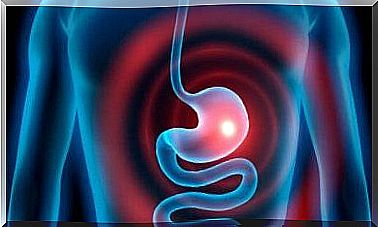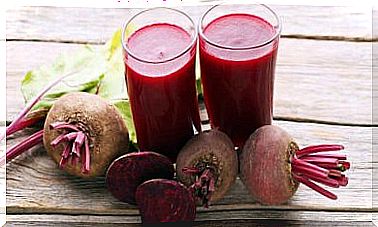Empty Stomach: Foods To Eat And Not To Eat

What foods do you usually eat on an empty stomach? Fasting is not always broken with the foods indicated.
This happens early in the morning when you eat the simplest or fastest foods we find in the kitchen, because we have to leave the house quickly to carry out all our daily activities.
The ideal would be to be able to plan the first meal of the day in time and consciously.
You have to think, therefore, how breakfast will help you get the energy you need to carry out your activities, what are the benefits they bring to the body and what vitamins and minerals are.
If you’re not sure what you should or shouldn’t eat on an empty stomach, keep reading the following tips.
9 foods to eat on an empty stomach
When on an empty stomach, it’s important to take natural products that really provide complex nutrients.
Here are some good options:
1. Oatmeal
Oatmeal provides us with soluble fiber which helps to:
- Enjoy better digestion
- Reduce blood cholesterol levels
- Feeling full for longer
- Obtain a gastric lining that protects against the action of hydrochloric acid produced to digest food
2 eggs


They are recommended to eat on an empty stomach because they are a very healthy source of protein.
You can take them by preparing an omelette, scrambling them or boiled, as long as you limit the use of fat to make them as much as possible.
3. Blueberries
They are among the most recommended and healthy fruits. They help improve memory, blood pressure and circulation.
We advise you to take them at breakfast, in fruit salads, with yogurt or cereals.
4. Nuts
They are rich in selenium and help reduce stomach acid, balancing the pH which reduces the likelihood of suffering from ulcers.
Remember not to exceed five nuts a day. You can add them to cereals.
5. Papaya
This fruit contains an enzyme called papain which is indicated to promote proper digestion and reduce the risk of suffering from colon cancer.
- It is rich in fiber and vitamins E and C, which offer protection against free radicals.
- The ideal would be to have a cup of papaya at least 3 times a week.
6. Buckwheat
Taking this cereal on an empty stomach helps the body because it is rich in proteins, iron and vitamins.
You can include it in smoothies, make crepes or take it together with other cereals.
7. Wheat germ
With just two tablespoons of wheat germ we help the digestive system to function properly, providing:
- 15% of the recommended daily amount of vitamin E
- 10% folic acid of the recommended daily amount
It is a good alternative to conventional grains which are usually full of sugar and chemical preservatives.
8. Whole grains without yeast
It is recommended to take them in the morning so that the complex carbon hydrates are burned during the day.
9. Fruit

Breakfast is the best time when you want to consume large amounts of fruit. This is because it is digested quickly and provides vitamins and other benefits without fermenting in the stomach.
Foods not to be taken on an empty stomach
Now that you are aware of the foods that should be eaten on an empty stomach, let’s talk about the ones that are best avoided. They will surprise you.
Tomatoes
This food should be avoided on an empty stomach because it contains high amounts of tannic acid which increases acidity and worsens reflux symptoms.
It is excellent, however, during the other meals of the day.
Coffee or tea
Drinking tea on an empty stomach can cause nausea and malaise. Drinking coffee, on the other hand, tends to increase stomach acid and aggravates reflux and gastritis.
If you need an herbal tea in the morning, opt for one that reduces or avoids the aforementioned problems, such as mint or chamomile.
Puff pastry
Although it is one of the most common options for breakfast, it is not actually convenient to have it early in the day.
Containing yeast, it could irritate the stomach and cause gas.
Citrus fruits

Although fruit is a very healthy food, it is best to avoid citrus fruits during the early hours of the morning. This is because, being acidic, they can cause reflux or stomach problems.
In case you want to take citrus juices or juices, make sure that it does not become a habit, but a sporadic whim.
Carbonated drinks
Carbonated drinks, in addition to increasing the chances of suffering from obesity, can damage the lining of the stomach. This reduces blood circulation, causes slow digestion, and often results in constipation.
Always opt for healthy and natural foods
As you can see, maintaining a healthy diet is not difficult.
Opt for foods that promote digestion, which keep the acidity levels of the stomach in normal parameters, without the mucous membrane being affected by the action of acids, and which provide the vitamins we need daily.
This means planning meals in advance and preparing them correctly. While it may represent a radical change, you will see the benefits in the long run.









